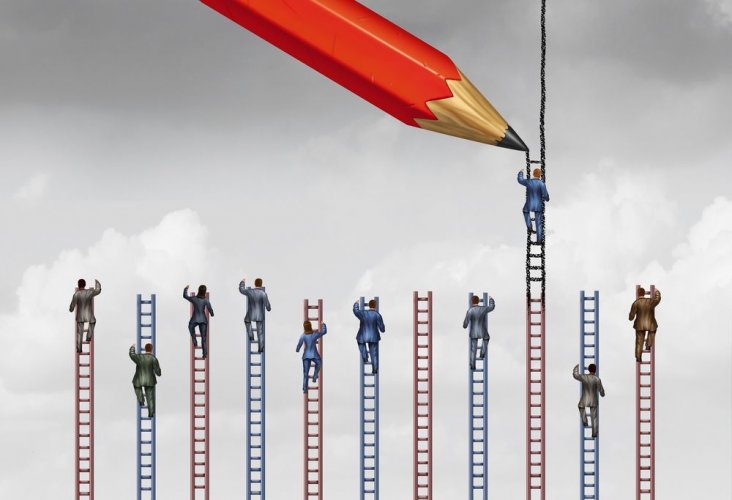On June 7, the Verkhovna Rada Committee on Environmental Policy and Nature Management held a roundtable discussion on “New Climate Policy as a Challenge and an Opportunity for Ukraine.” In particular, it touched upon the implementation of the CBAM mechanism in the EU and possible ways to mitigate it for Ukraine. Vladyslav Varnavskyi, Director of Ecology and Industrial Safety at Interpipe, analyzed the results of the event and pointed out important points in the implementation of the ETS and CBAM in Ukraine.
He published his thoughts on his Facebook page.
The Environmental Policy Committee invited representatives of many agencies to the roundtable in a mixed format: Ministry of Environmental Protection and Natural Resources of Ukraine, Ministry of Energy of Ukraine, Ministry of Finance of Ukraine, State Agency on Energy Efficiency and Energy Saving of Ukraine, Research Service of the Verkhovna Rada of Ukraine, European Business Association, Ukrainian Chamber of Commerce and Industry, Federation of Employers of Ukraine, Association of Ukrainian Cities, as well as other NGOs and business representatives.
The issues for discussion were:
- formation of state climate policy and the issue of low-carbon development;
- implementation of the greenhouse gas emission trading system;
- changes in the taxation of greenhouse gas emissions, taking into account the decarbonization of the Ukrainian economy;
- consistency of climate policy with state energy policy;
- implementation of the CBAM mechanism in the EU and possible ways of mitigating it for Ukraine.
The director of ecology and industrial safety of "Interpipe" Vladyslav Varnavskyi, who participated in this meeting, agrees with the opinion that if we do not consider the issue of withdrawal from SVAM for Ukraine in connection with force majeure circumstances during the war, then the development and implementation national ETS, which will be recognized by the EU as equivalent, is indeed one of the ways to adapt to new requirements.
But he reminded not to forget that the SVAM regulation is a purely customs mechanism that applies only to importers of certain goods to the EU, while STV and eco-tax are requirements that will apply to all Ukrainian operators that emit greenhouse gases, including state and municipal ones enterprises.
The expert said that this will change almost nothing for Ukrainian exporters. After all, in any case, they will be forced to pay the same price for CO2 as in the European market of quotas. The only difference is what part of the money will remain in Ukraine in the form of an eco-tax or payments within the framework of the national STV.
"But it seems to me that this is no longer about helping business, but rather the opposite – about supporting the state budget by business," Varnavskyi said.
He also reminded about the State Fund for Decarbonization and Energy Efficient Transformation created on January 1 of this year. The expert noted two main problems that currently exist with this institution:
- the procedure for using the funds of the fund has not yet been adopted by the Cabinet of Ministers;
- the amount of planned accumulation of funds of UAH 1.6 billion, foreseen for 2024, is small compared to real needs.
In conclusion, Vladyslav Varnavskyi noted that the state has nothing to offer Ukrainian business as help in achieving climate neutrality, except for mandatory monitoring, reporting and verification, implementation of the emissions trading system and raising the CO2 eco-tax rate.
Previously, EcoPolitic talked about measures offered by Ukrainian business to save the economy after the introduction of SVAM. We also introduced readers to the main problems with the implementation of CBAM in Ukraine and the EU according to Ukrainian exporters.





